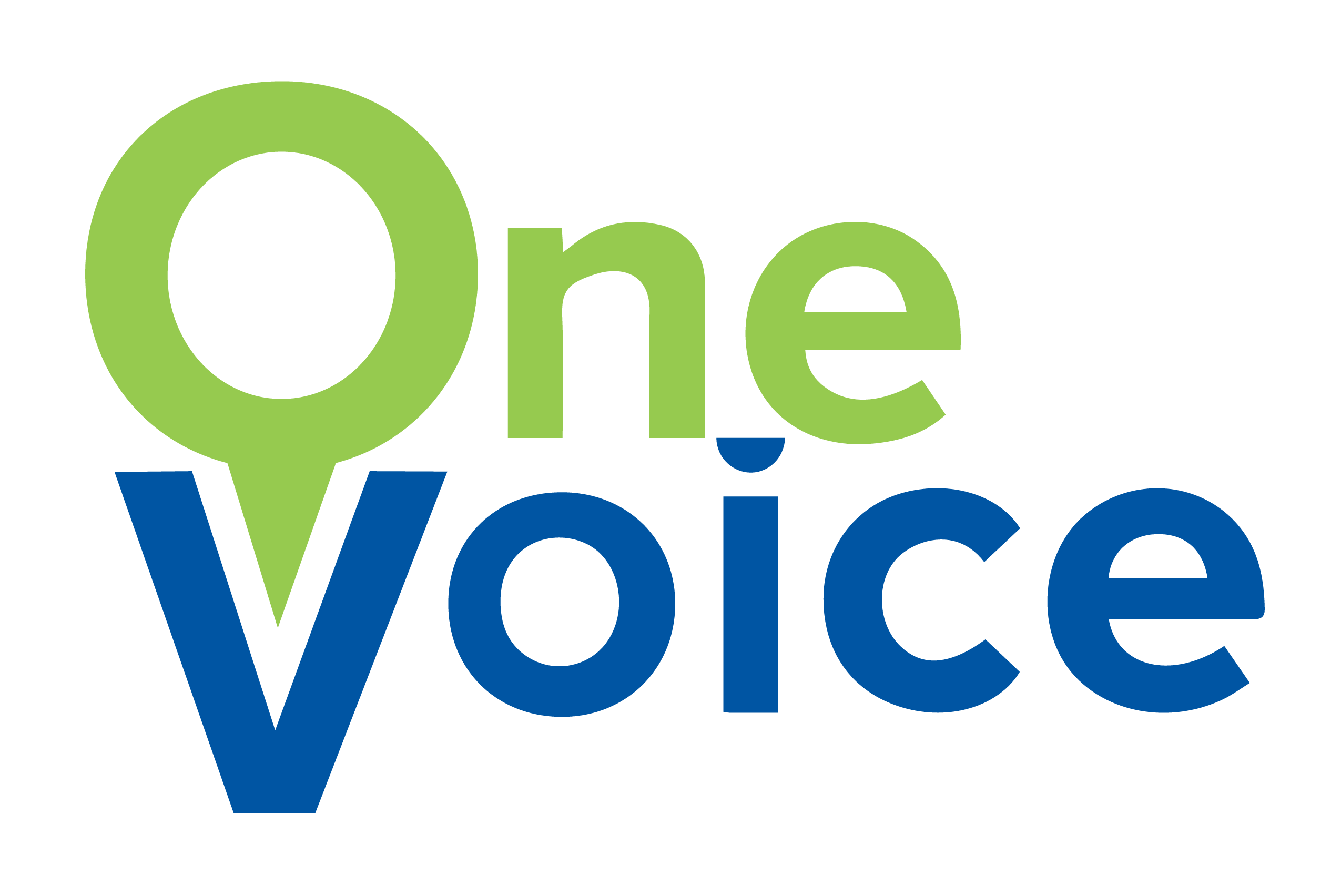State Earned Income Tax Credits: Helping Working Families, Fighting Poverty, and Strengthening Communities
by Kyra Roby
Earned Income Tax Credits (EITC) are tax credits that benefit low-to-moderate-income working families by reducing personal income tax liability. EITCs are generally based on income, including salaries and wages. Depending on a family’s income, the EITC allows the family to receive a tax credit equal to a certain percentage of their earnings.
State EITCs offer a benefit to the existing federal EITC. State EITCs have proven to help families retain more of their income, keep families working, reduce poverty, and alleviate some of the harms caused by regressive tax systems. Twenty-nine states and Washington, D.C. currently offer state EITCs. Mississippi should consider joining the growing number of states that offer this effective anti-poverty tool.
Mississippi is the poorest state in the nation. Twenty-one of the one hundred counties listed as America’s most disadvantaged communities are counties in Mississippi, and five of the top ten most disadvantaged communities are counties in Mississippi. High poverty rates in the state are prevalent amongst individuals, as well as families. Families with children are particularly vulnerable. Approximately 15.9% of all families in the state live below the poverty line, and of all families with related children of the household under eighteen years of age, 24.6% of families live below the poverty line. At the same time, income taxes, including income taxes from Mississippi families living below the poverty line comprised 25% of the state’s tax revenue. The COVID-19 pandemic fanned the flames of Mississippi’s persistent poverty issues. By alleviating the tax burden on low-to-moderate working families, a state EITC could provide Mississippi families help when they need it most.
State EITCs vary in terms of the income limits they offer and the type of families they benefit. For example, some states allow an EITC for adults without dependent children. However, state EITCS that offer refundable credits―refunds given to families when the tax credit amount exceeds income tax liability―are the most beneficial for providing an income boost to families.
Generally, state EITCs are good policy proposals because they are easy to administer and tend to be inexpensive for state governments.
Without a state EITC, the least wealthy in Mississippi continue to suffer. The effects of prevalent poverty across the state, especially childhood poverty and poverty amongst minority and rural families in the state, create an environment in which a state EITC in Mississippi is most needed.


Leave a Reply